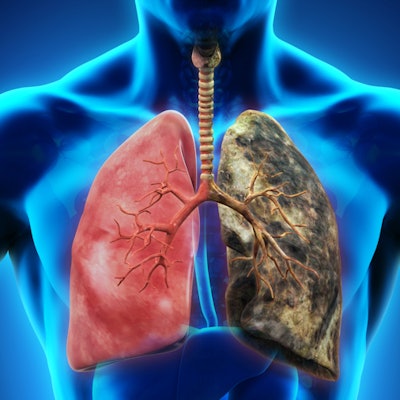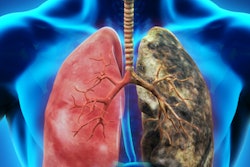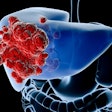
Advances in treatment have led to a sharp decline in the number of deaths from non-small cell lung cancer (NSCLC) in the U.S. in recent years, according to a new study published August 12 in the New England Journal of Medicine.
Researchers at the U.S. National Institutes of Health's National Cancer Institute (NCI) analyzed cancer diagnosis records compiled by NCI's Surveillance, Epidemiology, and End Results (SEER) cancer registry program and patients' death records to understand mortality rates.
Deaths from NSCLC decreased faster than the decrease in incidence for the cancer, according to the researchers. Among men, deaths from non-small cell lung cancer decreased 3.2% annually from 2006 to 2013 and 6.3% annually from 2013 to 2016. Meanwhile, incidence decreased 1.9% annually during 2001 to 2008 and 3.1% annually from 2008 to 2016. The findings were similar in women, according to the results.
The accelerating decline in mortality began in 2013, corresponding with the time when clinicians routinely began testing patients for genetic alterations targeted by newly approved drugs, according to the authors.



















